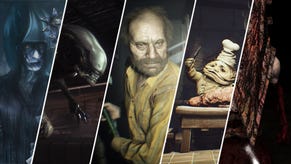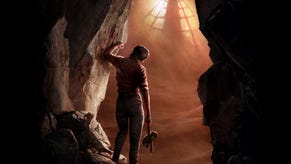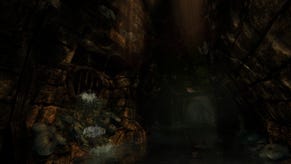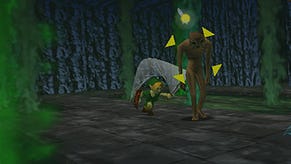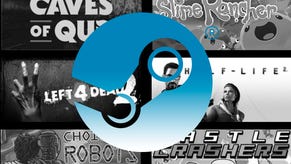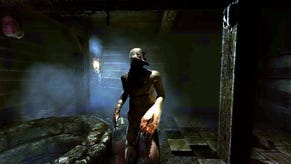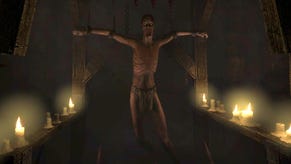Amnesia dev: Horror games should "reach into" the real world as well as virtual
Horror games should have the ability to reach into the real world with its terror, not just virtually, Amnesia developer Frictional Games has said.
"In most games the player usually starts out in some strange and not very normal situation. In our own game, Amnesia, the story takes place in early 19th century and has the protagonist waking up in gothic castle. Not something very easy to relate to," it said in a blog suggesting ten ways on how the genre can improve," it said in a post on its blog.
"Other games see the player has some secret agent, has them trapped in a spooky town/village, etc. All of these are very abnormal situations, and something few of us will ever find ourselves in."
It added: "However, much of the good horror in other media starts of very mundane. They build on the having the audience strongly relating to what is taking place and being able to draw close parallels to their own lives.
"For horror games this would mean to establish a very familiar situation and then slowly introduce the horror there. The goal is for the terror to not just be inside the game's virtual world, but to reach into the real as well."
Another key element was human interaction. Fricitional said bringing together human drama and horror games was "not an easy task".
"Most horror in other media does not have the phenomena/situation per se as its focus, but instead its effect on people," said Frictional.
"The Exorcist is a great example of this, and so is The Shining. However, in video-games the main actions still revolve around inanimate objects or brainless foes. By having the player's actions being directly tied to other people, the horror gets so much more personal and intense."
Frictional is currently working on an Amnesia sequel, A Machine for Pigs, alongside Dead Esther studio thechineseroom for a release this year.


